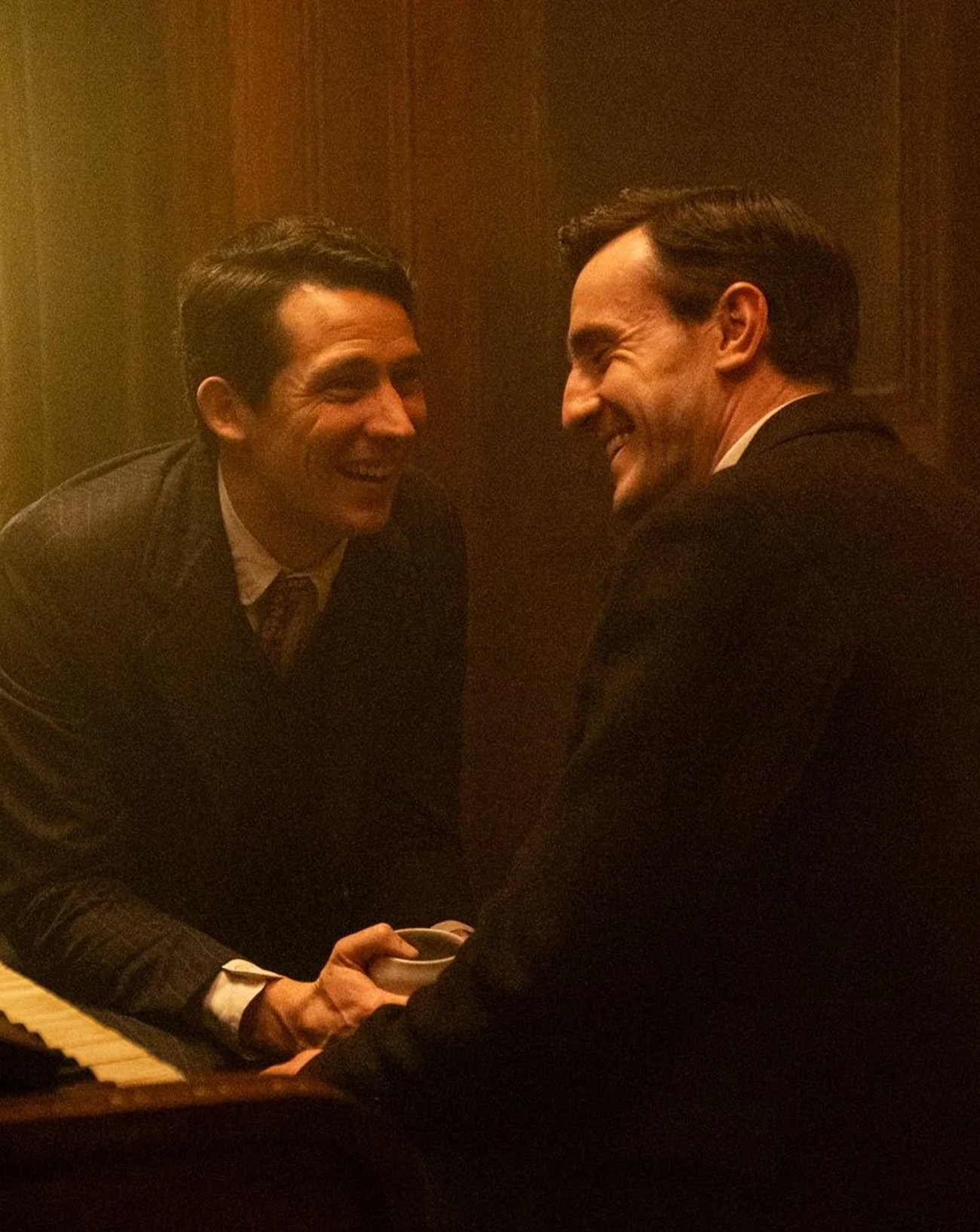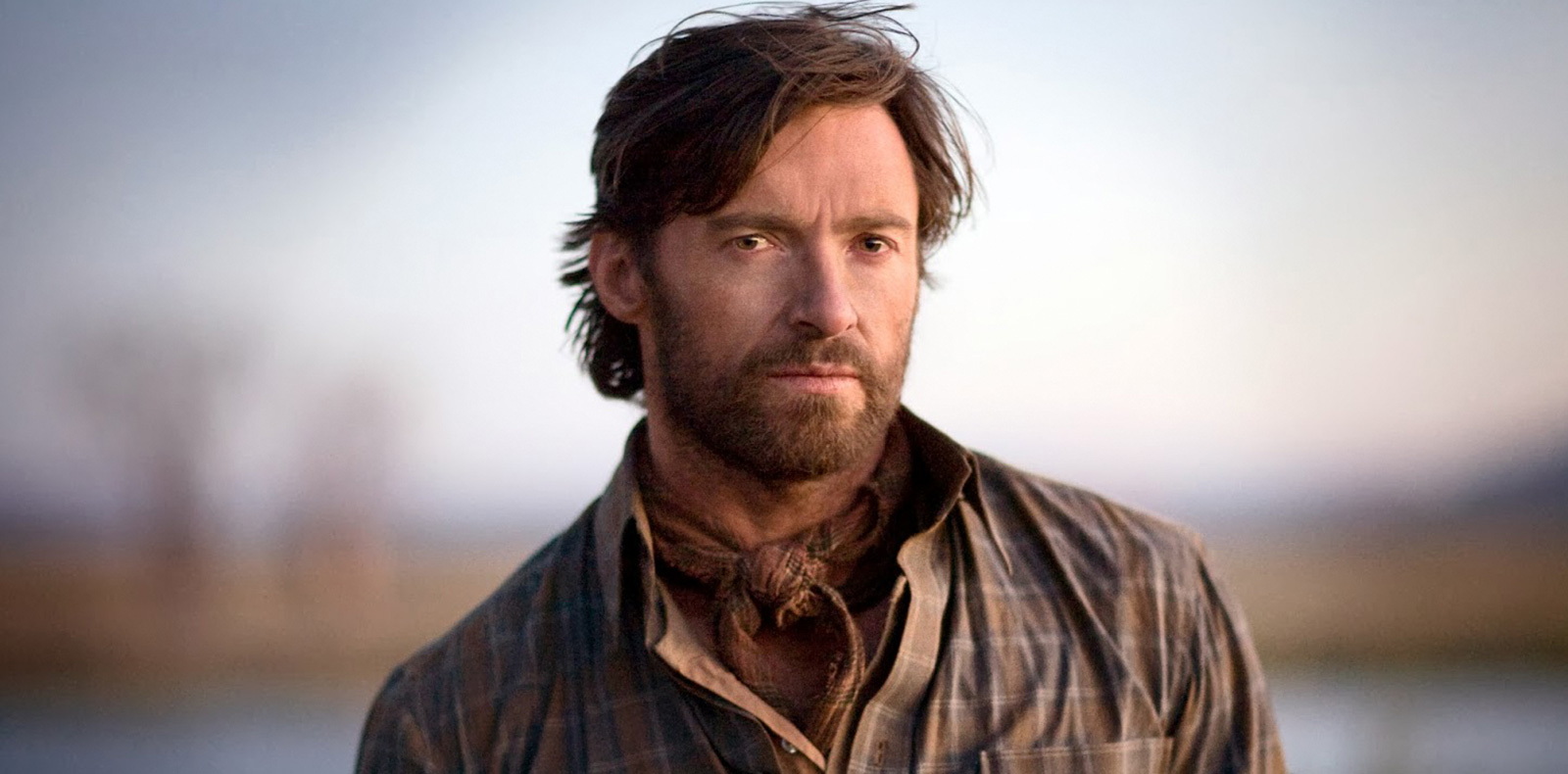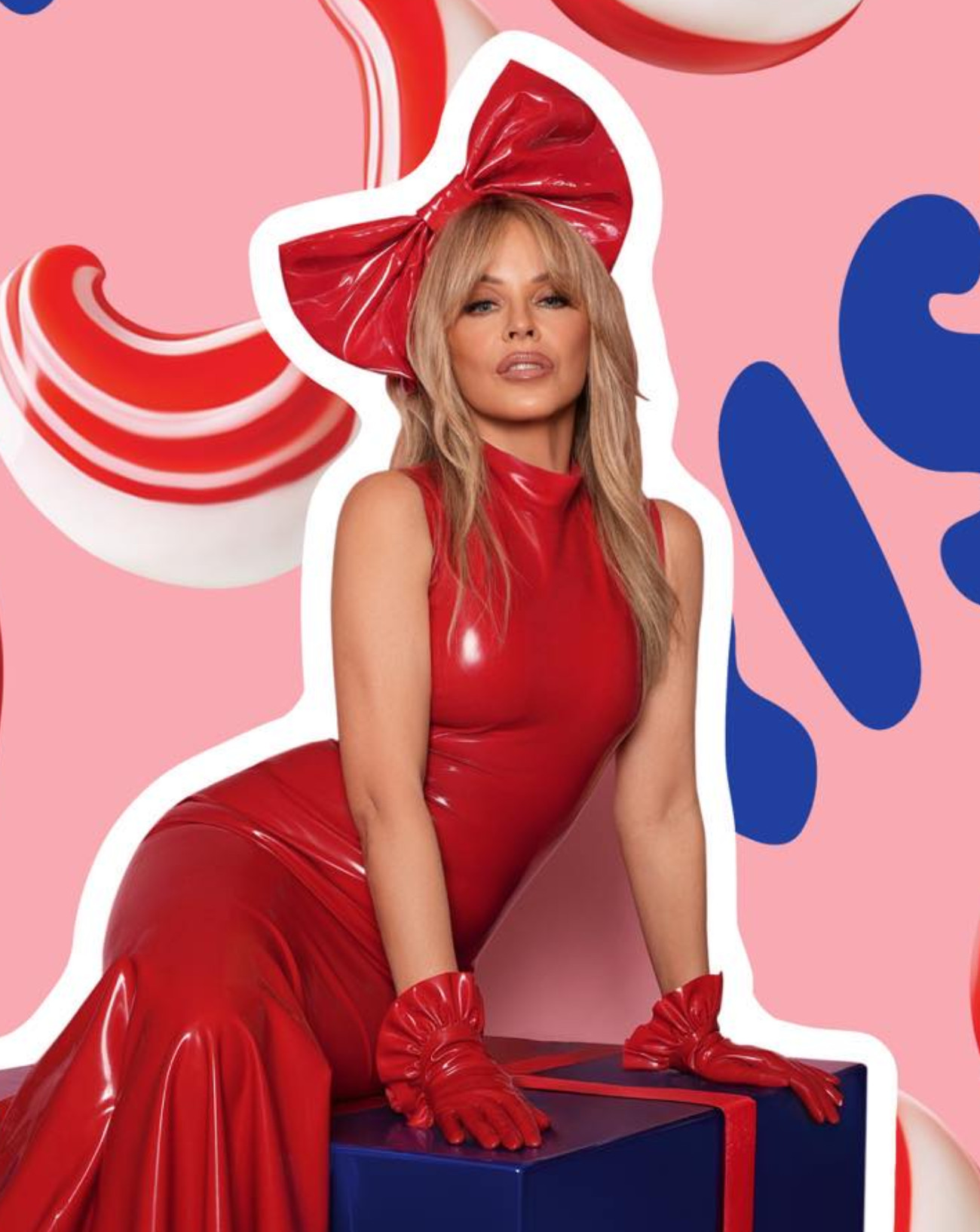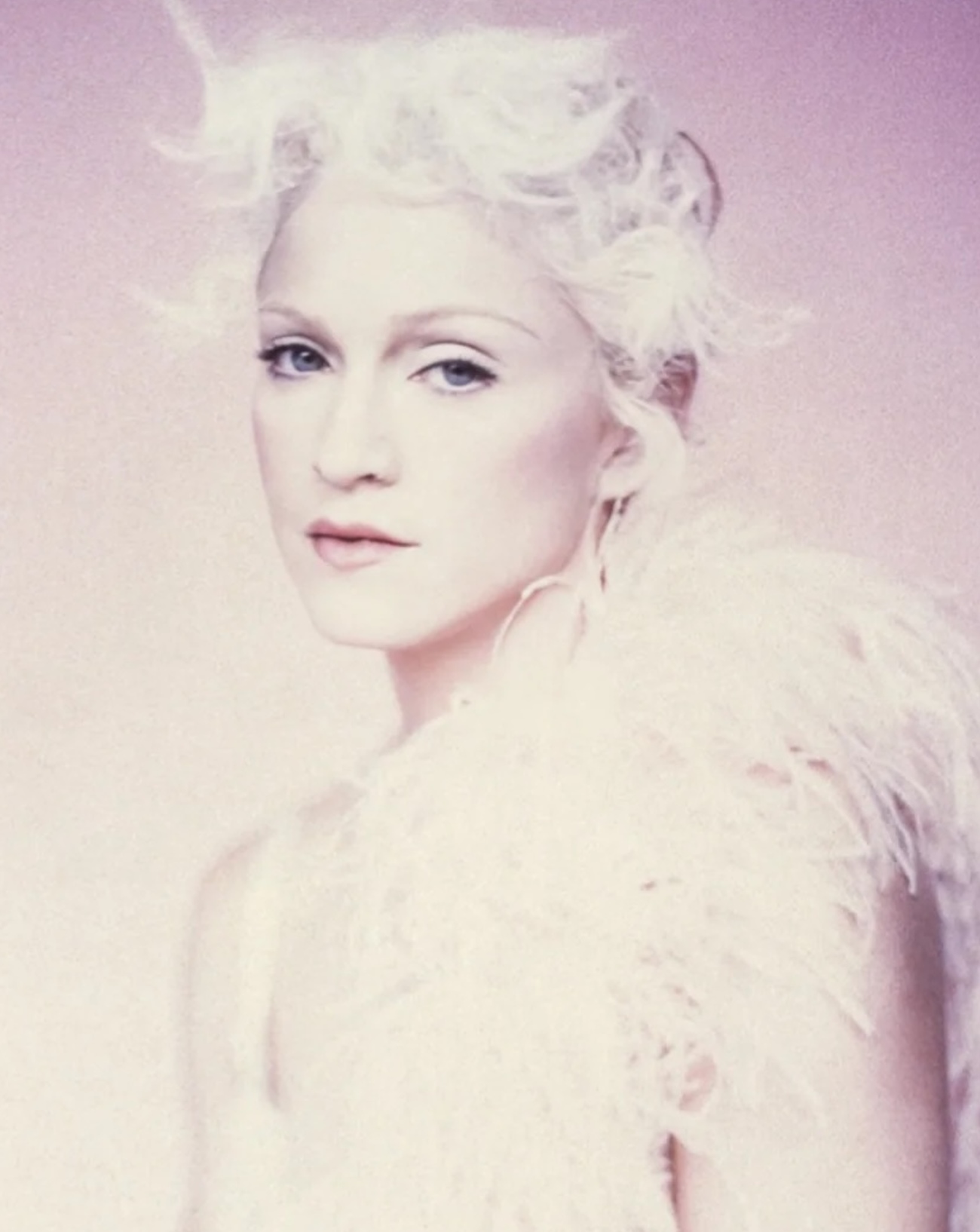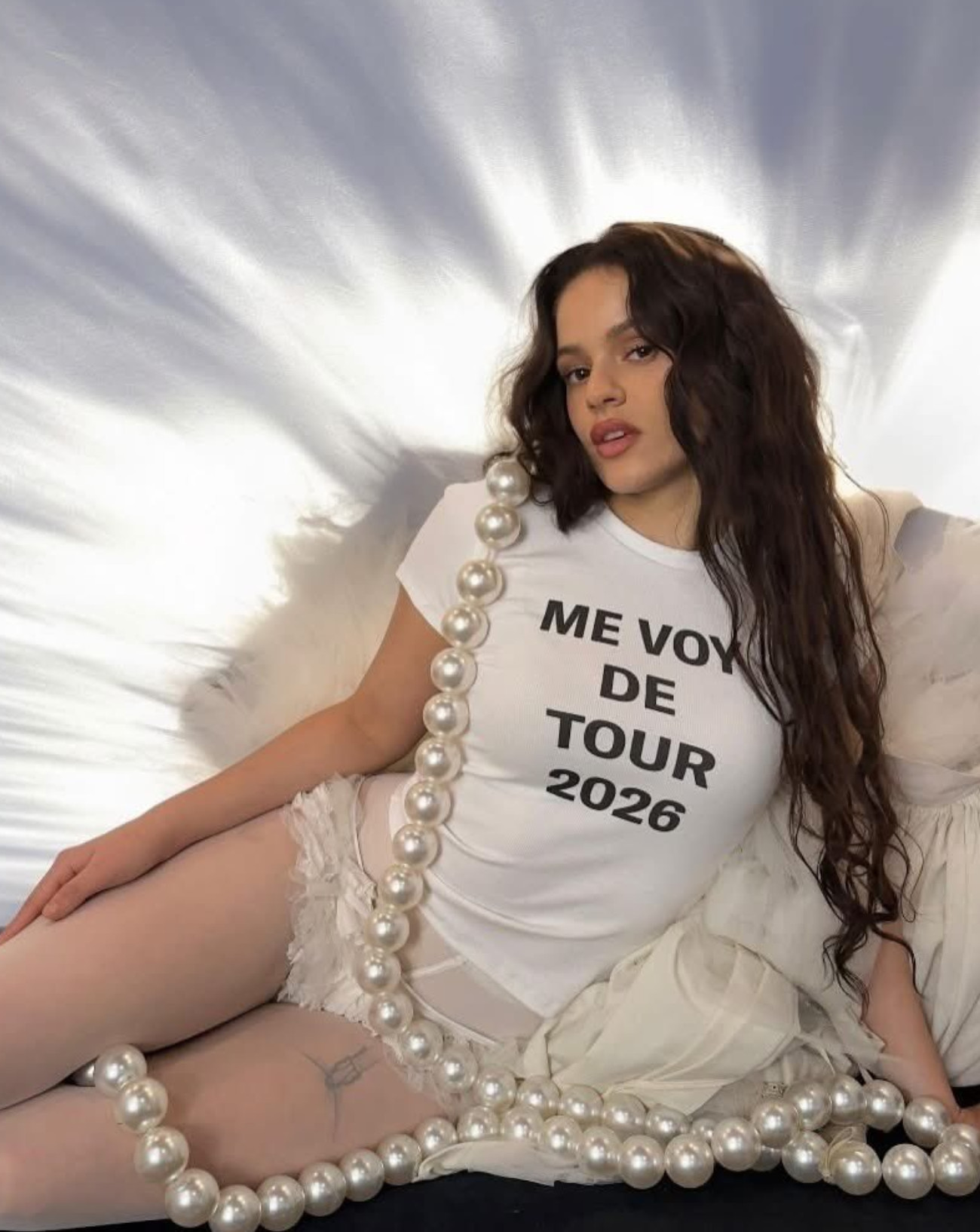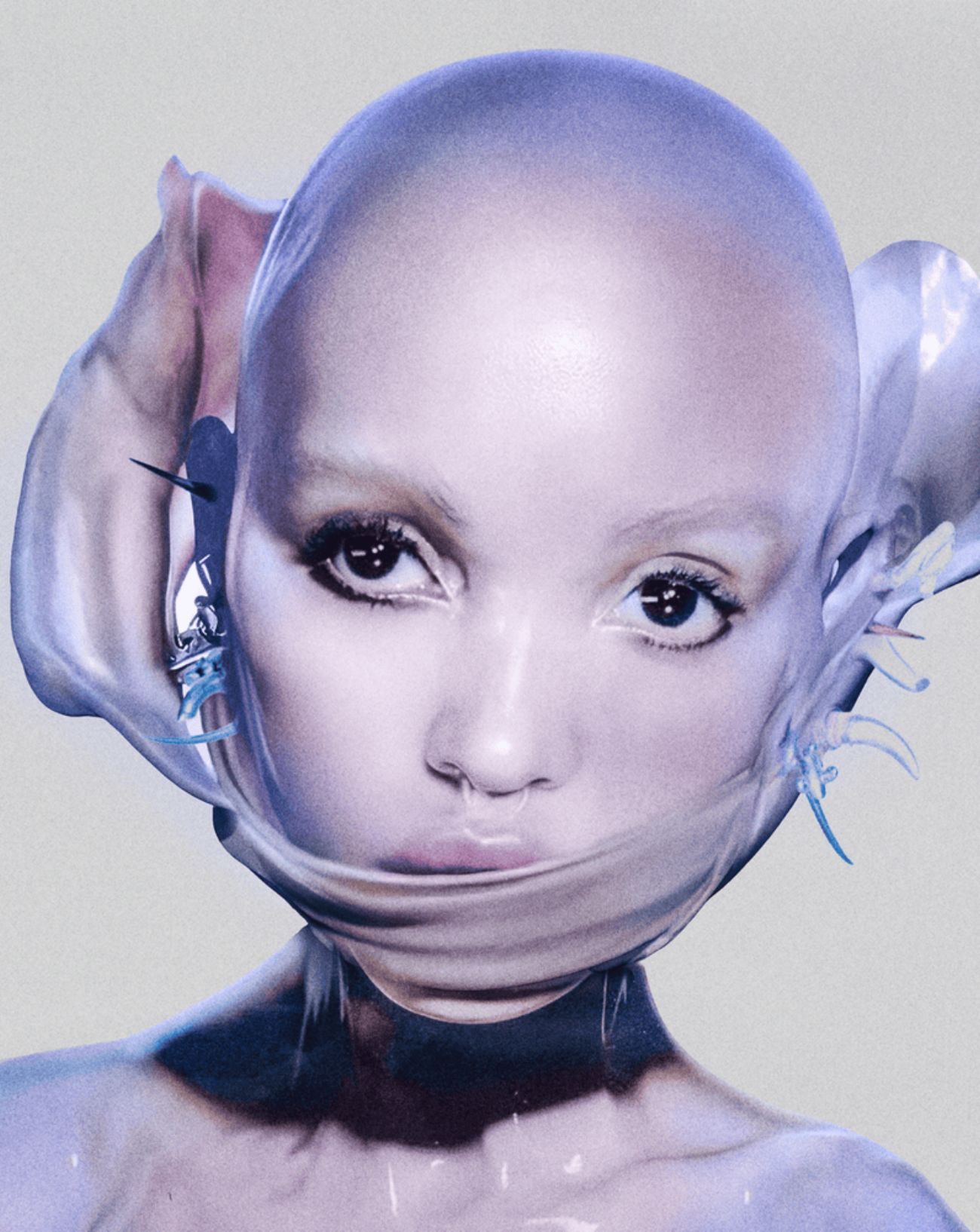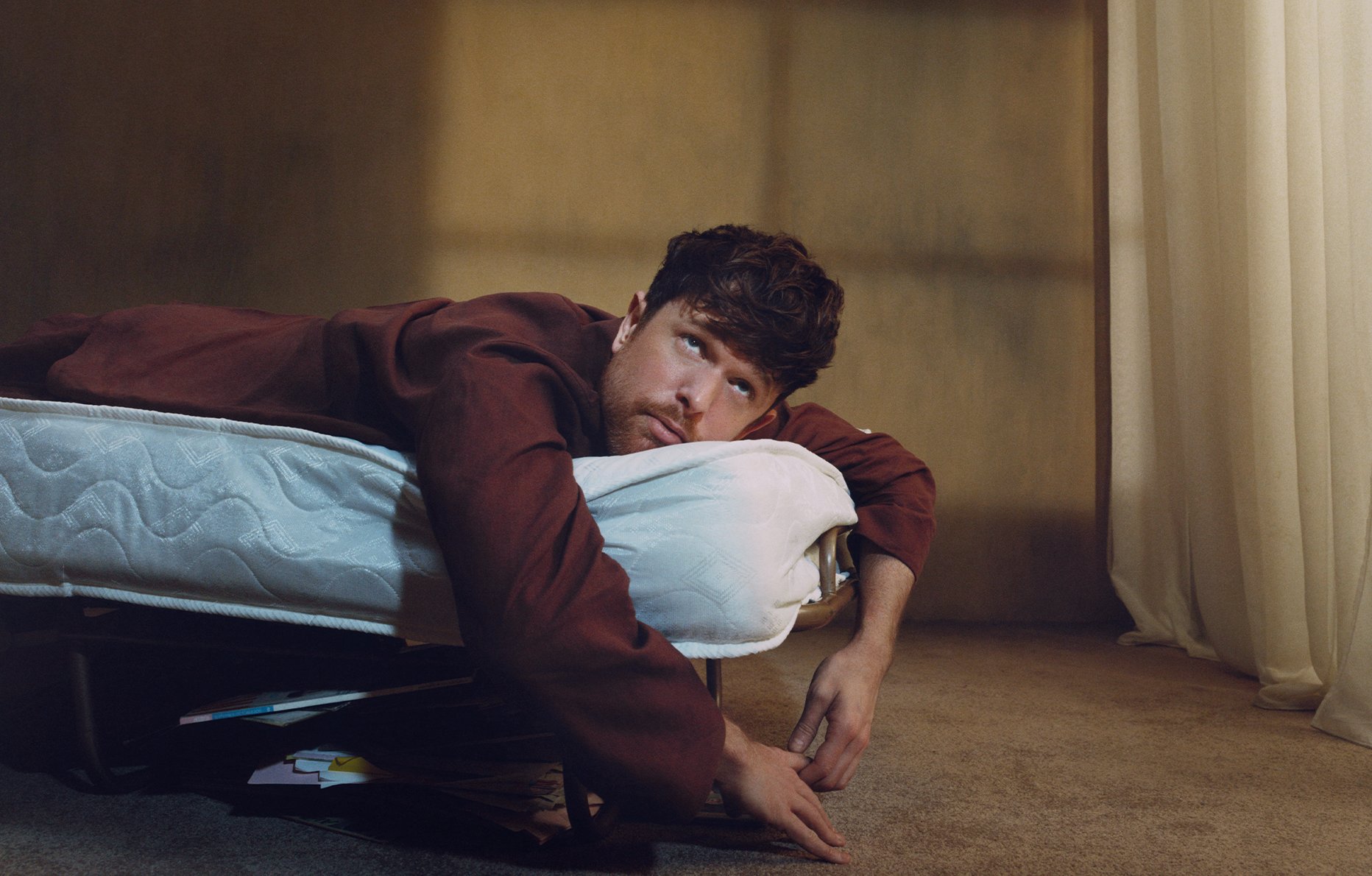
19
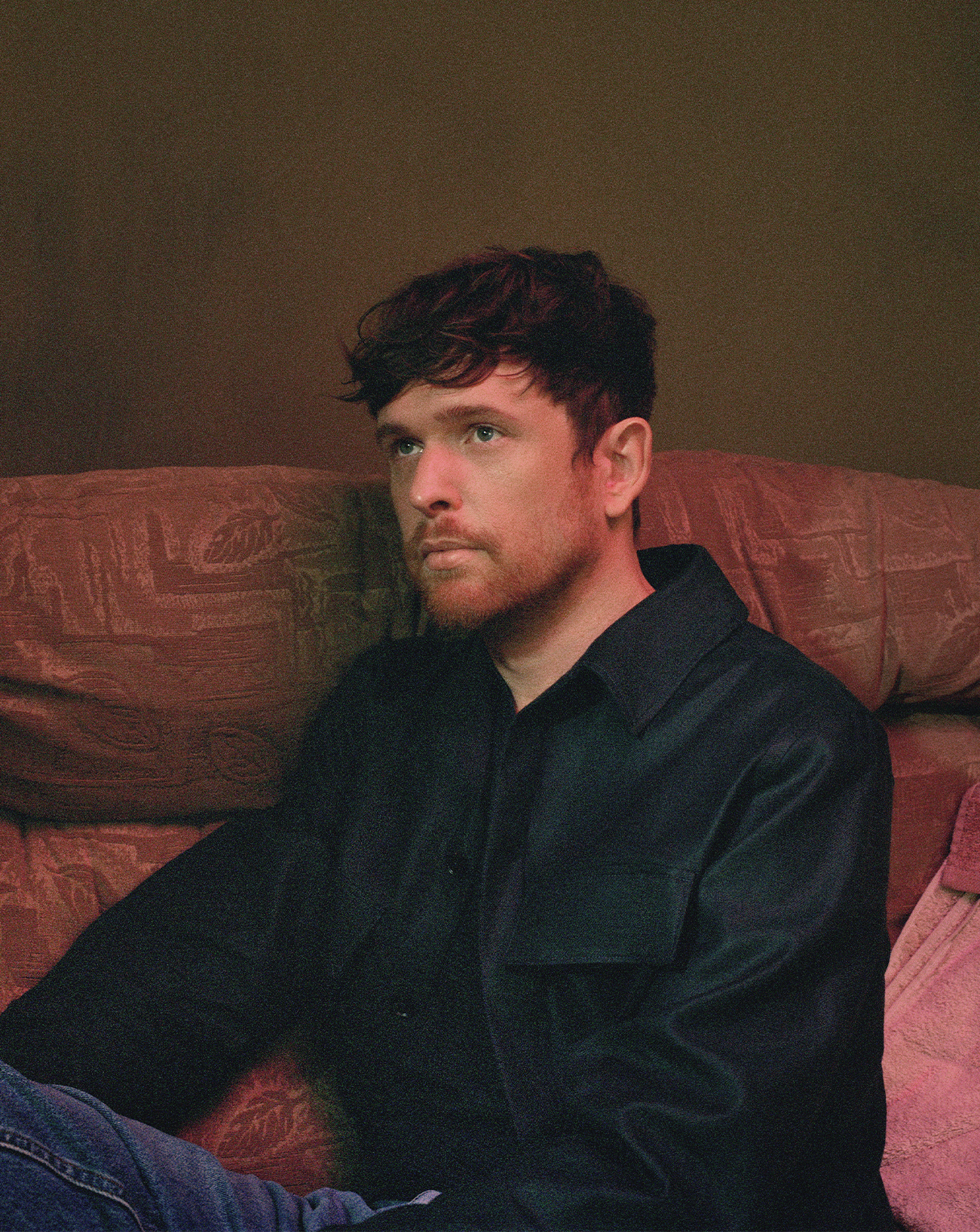
19
Interview with James Blake, the sound wizard with thousands of collaborations
Fuelled by the influence of a rock guitarist father, James Blake’s childhood passion for music has kept a sense of intimate, almost fragile emotional intensity. Always free and unique, the British artist quickly stepped away from the UK dubstep scene to win over hip-hop giants like Jay-Z, Beyoncé, and Kendrick Lamar as their producer. Riding high on this seamless artistic rise, the musician is now reinventing himself with complete independence on his own label, far from the limitations of the industry.
Interview by Christophe Conte.
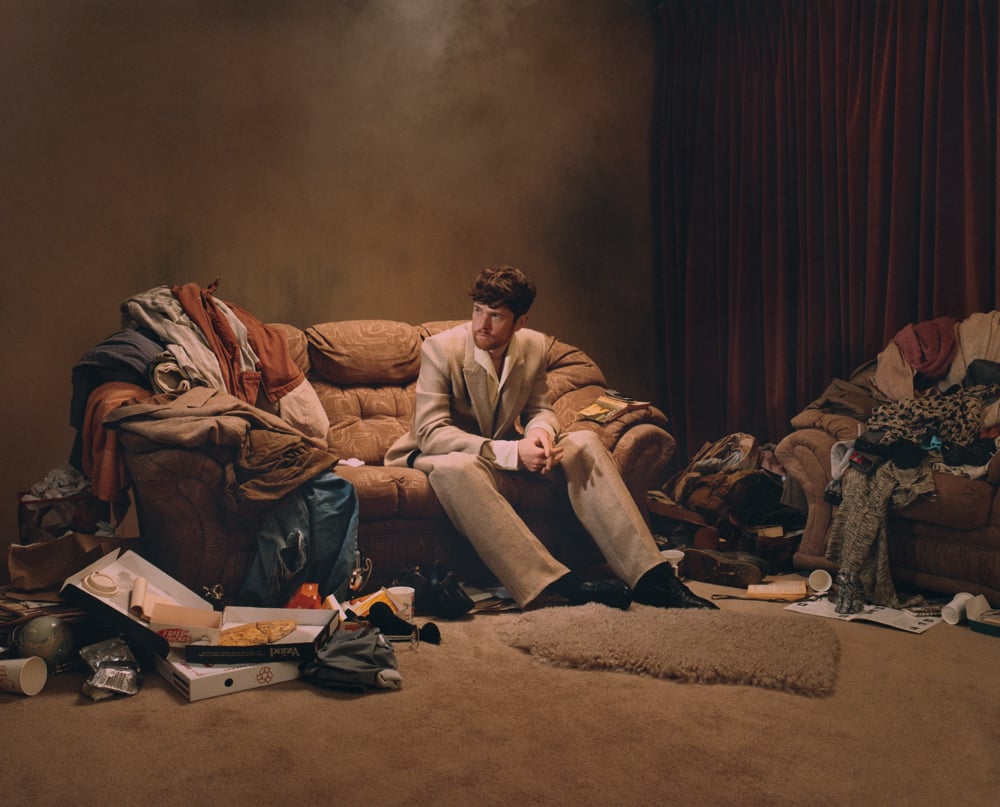
Interview with singer and musician James Blake
Amid the noise and fury of a world, James Blake’s voice has been a purifying wave for the past fifteen years. Troubled and fragile, the irregular, almost plaintive vibrations of his voice are like the wings of a moth drawn too close to a flame. Yet, it conveys a sort of diaphanous, androgynous power. A welcome contrast to the hyper-masculine energy of many of his fellow singers. In the vast field of electronic music, modern pop and hip-hop, such “uncertainty” could well have relegated James Blake to the shadows and made him invisible. Like a watermark appreciated only by aesthetes and lovers of the dark.
Yet the British artist has sold hundreds of thousands of records. Even more, in fact, thanks to the high-profile albums that have benefited from his magical touch as a producer, including the couple Beyoncé and Jay-Z, but also to Kanye West, Rosalía and Kendrick Lamar.
Speaking of that voice that made him stand out on the South London dubstep scene – a mainly instrumental movement that emerged in the late 1990s – James Blake recalls his debuts. “The first time I sang in front of an audience was probably on my last day of school. People knew me as a pianist and guitarist. I used played in a lot of bands. And while I was singing and playing since I was six, I had never done it in front of anyone. That day, I dared to do it for the first time. I could feel that the girls I’d secretly liked for years were looking at me differently. I thought to myself, I should have done this sooner.” [Laughs.]
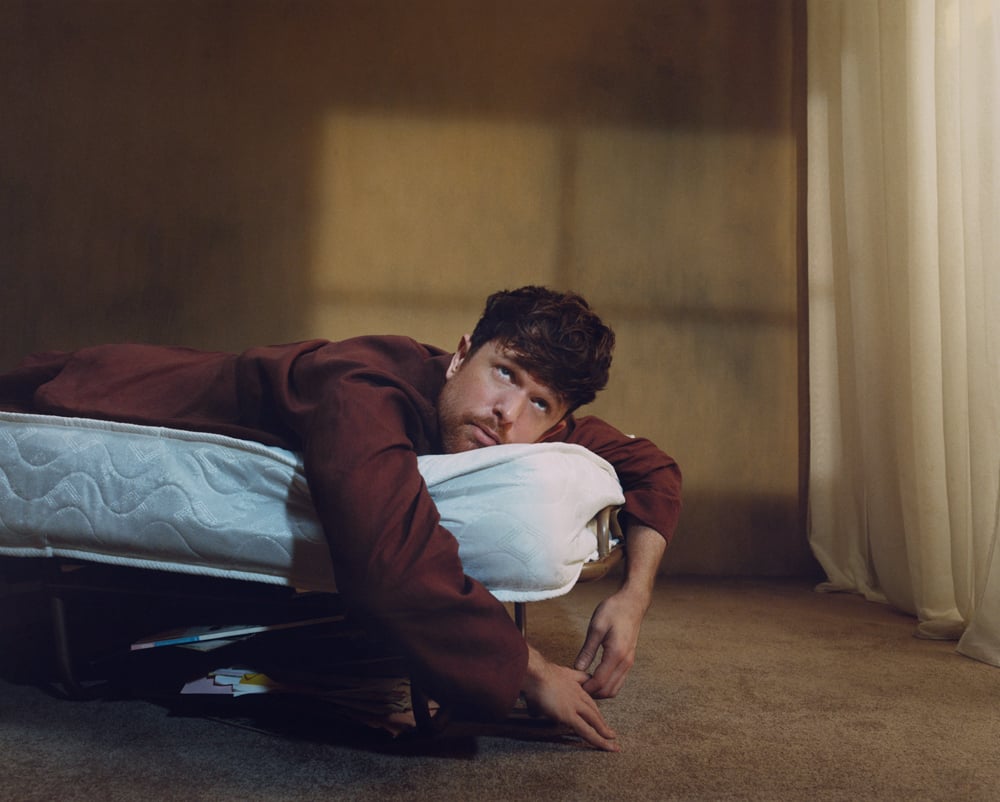
Beyoncé, Jay-Z, Kendrick Lamar… A renowned producer
One might speak of a “song of innocence” as a reference to William Blake, the Romantic British poet and painter whose surname James adopted to avoid any confusion with his father, James Litherland. The latter used to be a musician too, known to progressive rock enthusiasts of the 1970s for his bands Colosseum and Mogul Thrash.
The Wilhelm Scream, the first track that allowed James Blake to break through the dense wall of dubstep in 2011, is in fact an impressionistic variation on a composition by his father, titled Where to Turn. “He put me on the path to music, introduced me to all sorts of things, and, without ever pressuring me, encouraged me to keep going. I can’t recall a single Christmas gift that wasn’t music-related. We didn’t have much money, but my parents always made sure I had access to every tool I needed to improve my skills. I owe them a great deal and they’re still my biggest fans to this day.”
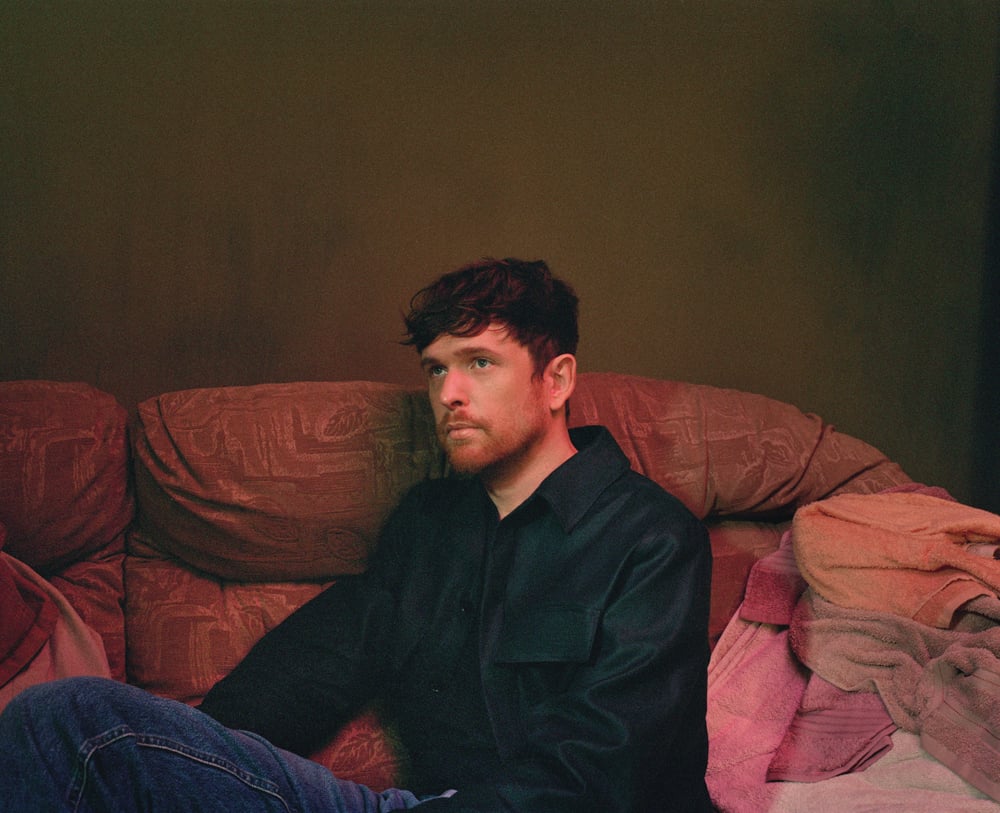
From Stevie Wonder to dubstep
Originally, James Blake dreamed of becoming Stevie Wonder, his hero, able to craft monumental albums on his own that are complex, universal, experimental, spiritual and danceable all at once. All the qualities that one can also find in James Blake’s work, in a lighter way though, as if filtered from within a silk cocoon. With American artist Justin Vernon, from the band Bon Iver, James Blake found an early kindred soul. They shared the same hypersensitive approach to songwriting and a fondness for merging ancestral folk with cutting-edge electronic instrumentation.
Each track seems to chart a grey area between past and future, opening up potential detours into R&B, while maintaining its own personal singularity. In just a few seasons, James Blake became the custodian of a unique sound. Stormy, yet subdued and haunted by a multitude of ghosts, his music caught the attention of hip-hop superstars at a time when an electro evolution was taking place.
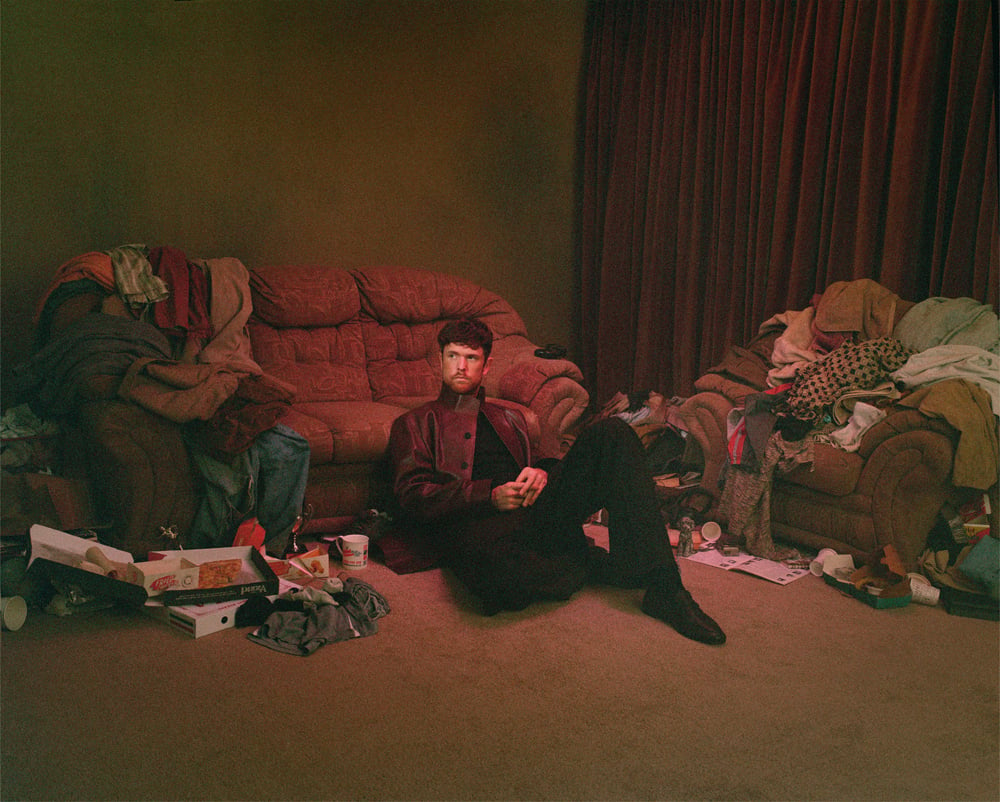
James Blake signs the Black Panther soundtrack
The presence of rapper RZA on his 2013 album Overgrown marked the first contribution to a career that would later take on an international dimension when Beyoncé called on him for Lemonade. This led to a collaboration with Jay-Z on his album 4:44, followed by Kendrick Lamar on Damn. In 2018, James Blake co-wrote the track King’s Dead with Lamar, Future and Jay Rock, featured on the latter’s album Redemption. The track eventually became a hit thanks to its inclusion on the Black Panther soundtrack and went on to win Best Rap Performance at the 2019 Grammy Awards.
The musician has become a chameleon – impossible to pigeonhole or confine to a single genre. Just like Jamie xx, who was born the same year of 1988 – the year of the Second Summer of Love – and was shaped by similar aesthetic collisions, James Blake has managed to transcend the boundaries between indie and mainstream pop. Without ever losing his original melancholy. “I have attention deficit hyperactivity disorder. I’m stimulated by things for a while, then I find myself needing new sources of inspiration. I’ve always been like that. Seeking out people from different cultures than mine, with entirely different social experiences. Trying to find a common language is what I love. I was never meant to stay locked in my own world.”
Highly-demanded, the Londoner’s atmospheric craftsmanship has earned its place in the sun. Casting its bewitching shadows and soft beats on tracks by Travis Scott (Stop Trying to Be God) and Lil Yachty. He has recently released a joint album, Bad Cameo, with the latter.
An outspoken artist against streaming platforms
At 36, he acknowledges having “achieved more than [he] could have hoped for in an entire lifetime,” crossing the Atlantic to live in Los Angeles for a while. Perhaps not to be at the heart of the music business but rather to follow his partner, actress and TV presenter Jameela Jamil, known for her role in the series The Good Place and her outspoken criticism of the fashion industry. Today, the couple has chosen to return to London. And in recent months, James Blake has undergone a radical transformation to amplify his personal fight against a digital industry he sees as unfair to artists.
He parted ways with the multinational company that released all his albums up to Playing Robots into Heaven (2023) and founded his own independent label CMYK. He also joined the platform Vault, a more virtuous community than the streaming giants, where fans can directly subscribe to the artist in exchange for exclusive, previously unreleased content. To defend this model, intended to ensure fairer compensation for his work, James Blake raises his voice louder than he ever does when singing.
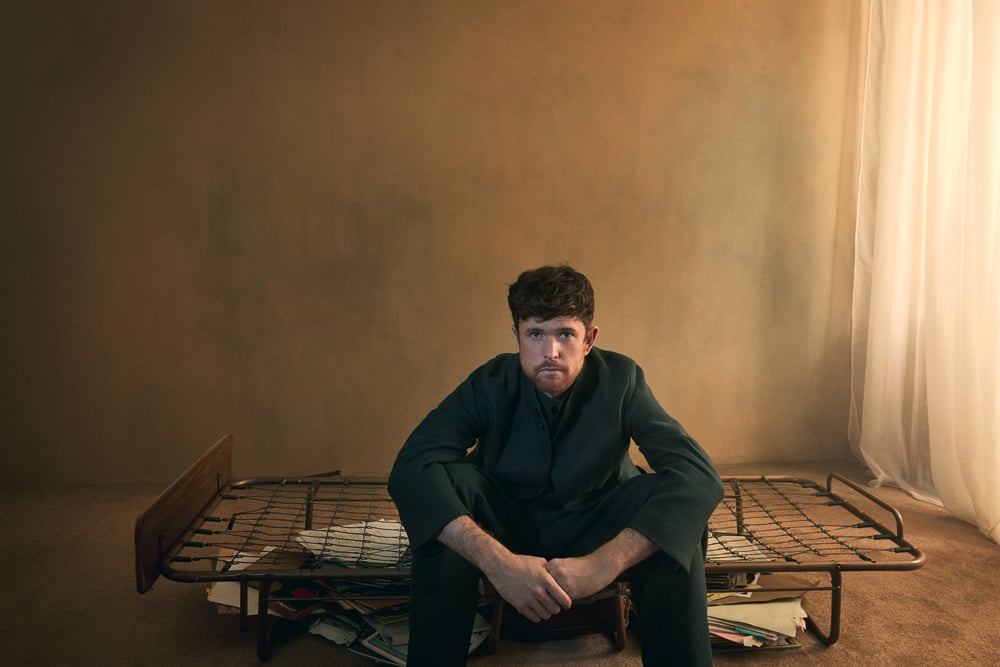
Portrait of James Blake by Scarlett Carlos Clarke. Linen and leather jacket and waistcoat, linen trousers, Zegna.
“If you don’t fit into any formula and simply do what you love, chances are that platforms won’t support you” James Blake.
“I think creative freedom is essential. Most people feel very free when they start out. Then, by their second or third album, they begin to feel the weight of expectations, of how the public perceives them, where their music can be broadcast, what kind of songs will get them the most festival bookings. And once that creative freedom disappears, because they feel so limited by all those parameters, they stop making the music their fans actually love at first. If you don’t fit into any formula and simply do what you love, chances are the platforms won’t support you. Whereas on a platform like Vault, you can truly pursue your creative impulses. And if people keep their suscription, it means that you’ve found your audience.”
A new musical chapter for James Blake
Just before Christmas in 2024, James Blake ushered in a new era when he dropped an unreleased single with the misleading title Like the End. It is set to a music-box pattern that gradually gives way to an orchestral tsunami almost entirely free of electronics. His voice then emerges more powerful than ever, unfiltered, in a grand register reminiscent of pop crooners like Rufus Wainwright. A personal revolution, which James Blake introduced with two intimate solo performances, focusing on piano and voice mainly.
“The idea behind all of it was to bring the way I make music in the studio back to its roots. The gear I used on stage was the same I use when I’m making music alone. I sit surrounded by a few synths, a couple of drum machines and I jam alone. I synchronise everything and keep changing ideas until something really strikes me. When that happens, I take a snapshot, and then move on from there. I wanted to demonstrate my process, to show how the music is created.”
A moving and captivating performance that he repeated in June during the Zegna Spring/Summer 2026 show, where he was the musical advisor. A few days later, the fashion brand released a short film by Boramy Viguier following James Blake through a day in Dubai, between desert and city, before his show… Poetic.








